FAQ: Kidney Failure in Elderly People
Kidney failure in elderly people is a very serious condition but it’s not the end of life. You can live a long time with the condition provided you get the right treatment and care. However, it can be a very frightening and worrying time for patients and relatives alike.
This highlights the need for top quality professional medical advice and treatment in a reputable health institution. Equally important is simultaneous and sensitive emotional and spiritual care when dealing with such patients.
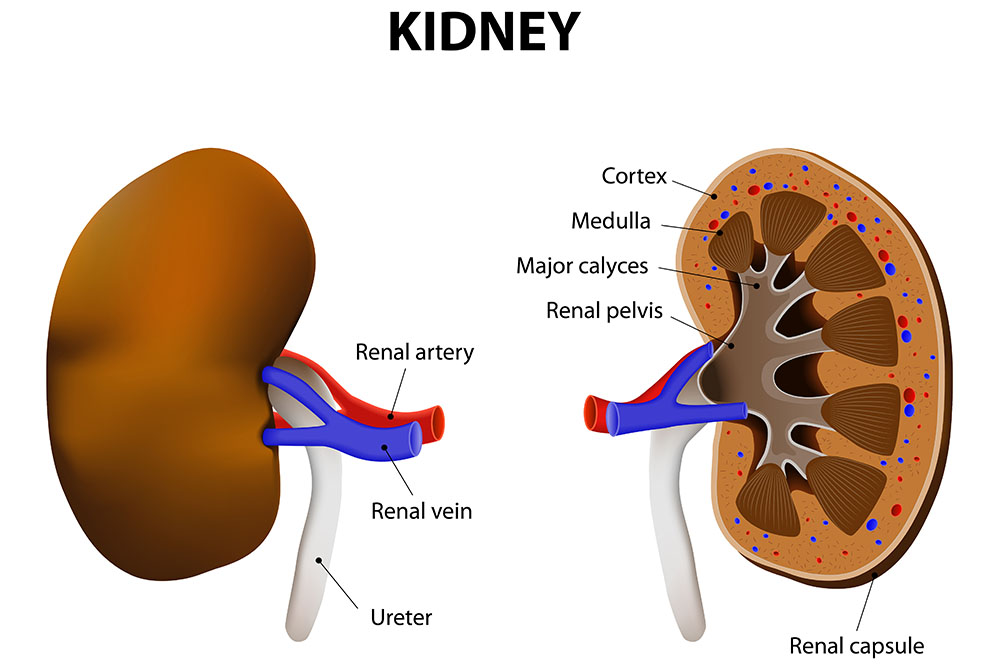
Kidneys perform vital functions for human life. They filter blood, balance your body’s fluids, regulate hormones and help keep blood pressure under control. If they fail, you will need intensive treatment. In the elderly this treatment usually means dialysis. A transplant would generally be too risky.
Can a person recover from kidney failure?
If you’re in good overall health, it’s possible to recover from kidney failure to a certain extent. However, hospice patients with kidney failure, or people with end-stage renal disease, are unlikely to live long. How long they live will depend on their overall health and how much kidney function they have left.
The life expectancy prognosis for elderly patients with kidney failure is obviously less bright than for younger patients.
What is the first sign of kidney failure?
Many people live with kidney disease but don’t know they have it until it’s almost too late. This underscores the importance of getting tested if you feel your overall health condition is deteriorating.
There are several signs of kidney failure. These include swollen feet and ankles, tiredness, insomnia, itchy skin, frequent urination and puffiness around the eyes. Poor appetite and muscle cramps are further indications. Any one of these signs may suggest kidney failure but you can’t be sure unless you get tested.
What happens to the body when the kidneys fail?
Renal failure prevents your body from cleansing the blood and functioning normally. If the kidneys stop working there is a build-up of waste products and excess water in your body. This serious condition is called uremia. It’s a very bad condition that can lead to a coma.
When your kidneys fail your body cannot function normally and you feel very weak. The best hope for elderly people in such circumstances is dialysis, a process for filtering waste products from your blood.
How serious is kidney failure?
Kidney failure is life-threating unless prompt treatment is given. The risk of death is heightened if renal failure is caused by severe infection or surgery.
Elderly people with renal failure often have heart disease, which may involve thickening of the arteries. In fact, it’s this latter condition which tends to kill them, rather than kidney failure itself.
How can one live with kidney failure?
You can live with kidney failure provided your treatment regime is successfully able to slow down kidney function loss. Medical interventions to reduce high blood pressure or heart disease can help prolong life. If you can help your doctor manage your condition in some way that can also help you extend your life.
There are five stages of kidney disease and renal failure is stage 5, the last stage. When this happens, you will need dialysis to live. However, provided your health is otherwise reasonable, you can live with dialysis and have a fulfilling life.
Fairview Rehab and Nursing Home in Queens, New York, has experience of dealing with kidney failure in the elderly. We provide skilled nursing care 24/7 to adults and seniors in the region. Contact us to find out more about how you can benefit from our quality treatment and care services.
This article contains informational and educational materials and does not replace health or medical advice. For questions or concerns regarding your medical condition or health objectives, speak to a qualified physician or healthcare provider.
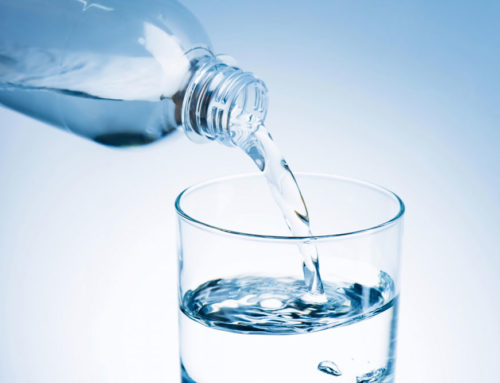
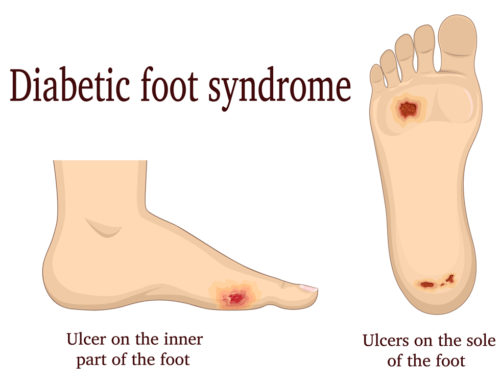

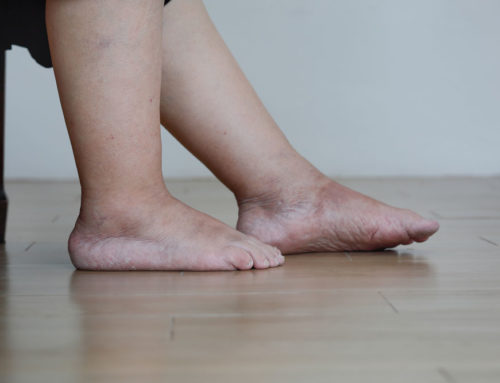

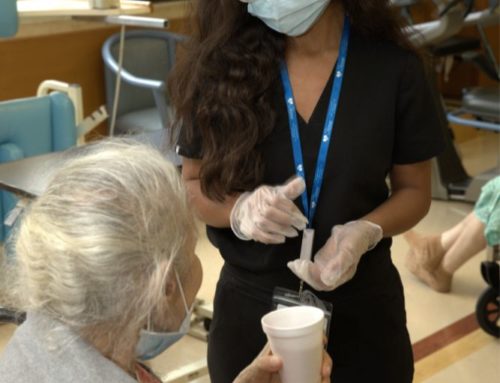
Leave A Comment